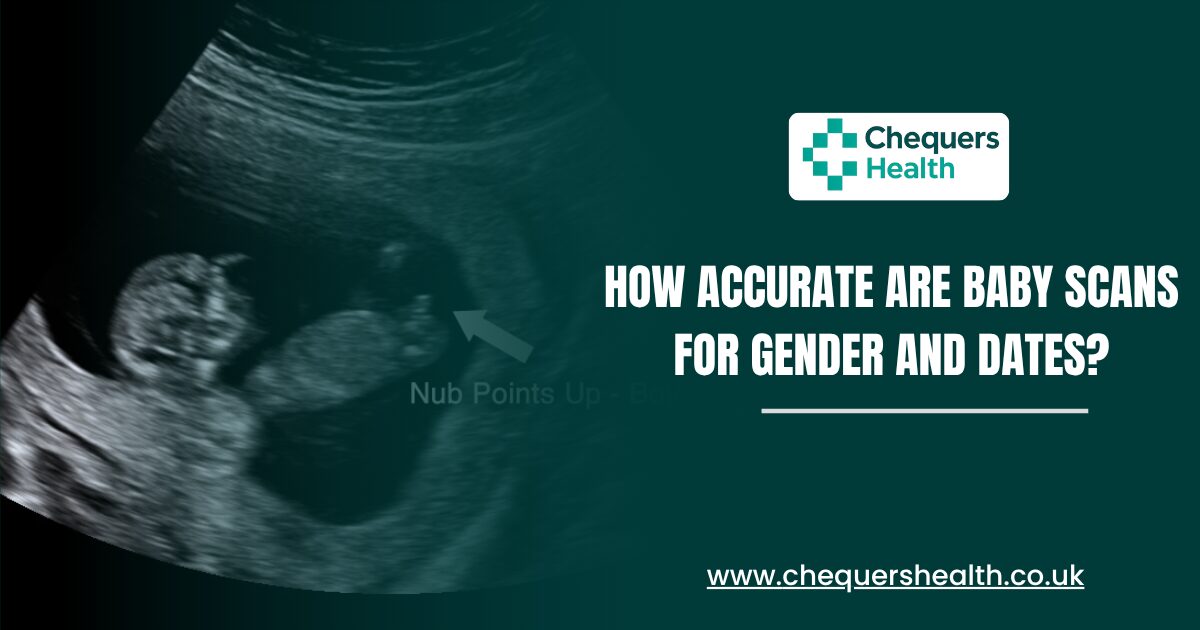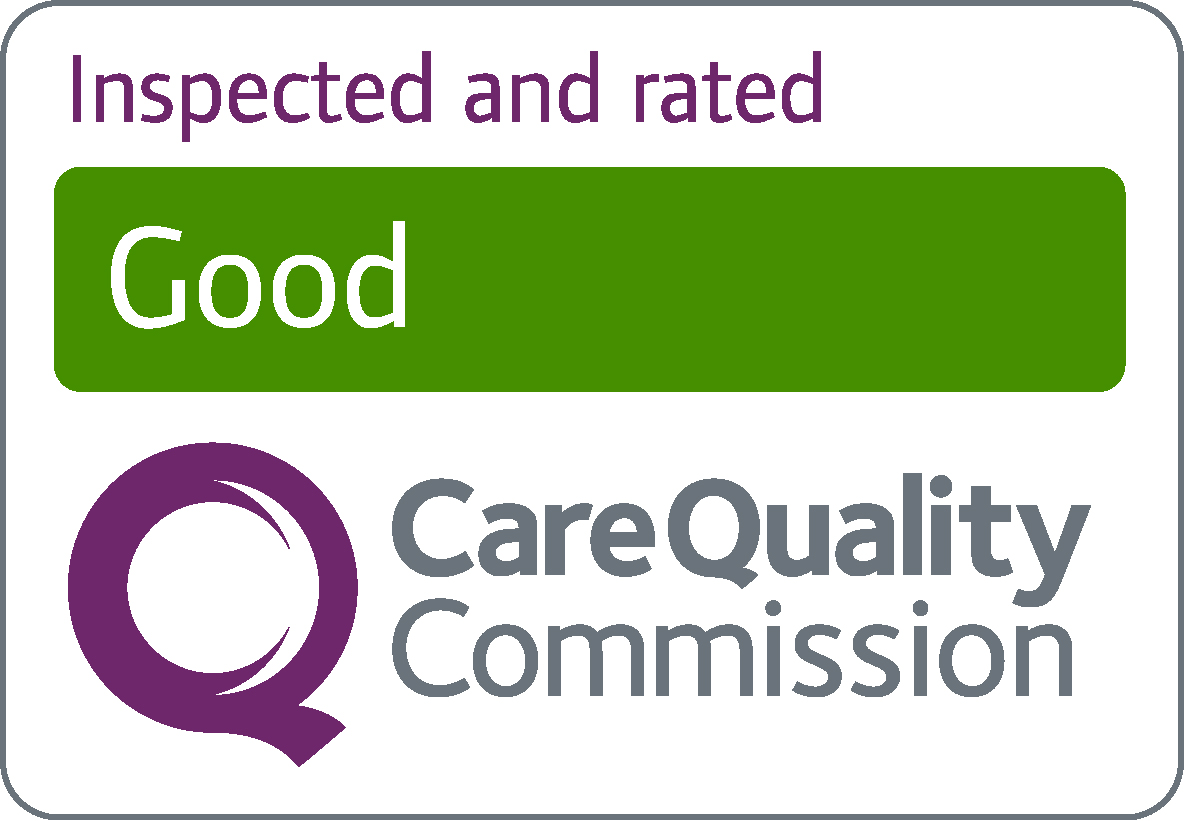July 21, 2025
How Accurate Are Baby Scans for Gender and Dates?
Introduction: Trusting the Scan
Ultrasound scans are one of the most exciting parts of pregnancy. Seeing your baby on screen and hearing about their progress is both emotional and reassuring. But beyond the bonding moment, many parents also wonder — how accurate is a baby scan, especially when it comes to gender and due dates?
Let’s break it down.
How Accurate is a Baby Scan?
Baby scans, or ultrasound scans, use sound waves to create images of the baby inside the womb. The accuracy of a baby scan depends on several factors such as the baby’s gestational age, the position of the baby during the scan, the experience of the sonographer, and the type of scan being used — whether it’s a 2D, 3D, or 4D scan.
While baby scans are an essential part of prenatal care and offer incredible insight, it’s important to understand their capabilities and where there might be a margin of error. They are an important diagnostic tool, but like all medical procedures, they come with limitations.
Baby Scan Gender Accuracy
Many parents eagerly await the moment when they can find out if they’re having a boy or a girl. Typically, gender can be seen from around 16 to 20 weeks of pregnancy, often during the anomaly scan. This scan is detailed and provides a great view of the baby’s development, including genitalia, if the baby is positioned well.
Baby scan gender accuracy is influenced by a few things. First, the baby’s position plays a major role. If the baby’s legs are closed or the baby is curled up, it becomes more difficult for the sonographer to get a clear view. The further along the pregnancy is, the more accurate the gender scan will be. Earlier than 16 weeks, the accuracy tends to be lower. Also, the clarity of the image depends on the equipment used and the sonographer’s technique.
After 18 weeks, gender scans are generally about 95–99% accurate, given the right conditions. Before 16 weeks, the accuracy drops to around 70–80%. While some clinics offer gender reveal scans as early as 14 weeks, they usually advise a follow-up for confirmation. There’s always a small margin for error, even with the best technology and experienced professionals.
Dating Scan Accuracy
A dating scan is usually done between 8 and 14 weeks of pregnancy and helps estimate the baby’s due date. This scan is based on measuring the baby’s crown-to-rump length and comparing it with standard fetal growth charts.
This scan is considered very accurate during the first trimester. The earlier the scan is done within this window, the more precise it is, typically within a five-day range. After 14 weeks, as babies begin to grow at different rates, the accuracy of determining due dates from scans decreases.
Using the last menstrual period (LMP) is common to estimate due date, but if cycles are irregular or if ovulation occurred later than expected, this method can be off. That’s why many professionals trust the dating scan accuracy to set or adjust the official due date.
Why Dates Can Still Shift
Even with an ultrasound-confirmed due date, the actual delivery may vary significantly. Only about 5% of babies are born exactly on their due date. Most births occur between 37 and 42 weeks of pregnancy.
Natural variations in baby development, maternal health, and spontaneous labour make it difficult to pinpoint an exact day. Baby scans offer a very close estimate, but nature tends to follow its own schedule.
Final Thoughts: Scan Accuracy in Perspective
Baby scans are incredibly valuable in pregnancy care. They are safe, informative, and mostly accurate when performed under the right conditions and at the right times. Gender scans, while exciting, are not 100% guaranteed but come quite close after 18 weeks. Dating scans, especially in the first trimester, are among the most reliable tools for estimating a due date.
While it’s natural to focus on knowing the exact gender or due date, it’s also important to embrace the journey and trust the process. Scans offer a magical view into your baby’s world, giving you reassurance and connection as you prepare for one of life’s biggest moments.
Key Points to Remember
- Ultrasound scans are safest and most accurate when done by qualified professionals.
- Baby scan gender accuracy is highest after 18 weeks of pregnancy.
- Dating scan accuracy is strongest between 8 and 14 weeks.
- External factors like baby position and equipment quality can impact results.
- No scan can guarantee a 100% accurate result — a small margin of error always exists.
Frequently Asked Questions (FAQs)
Yes, while scans are highly accurate after 18 weeks, there’s still a small chance of error due to baby position or unclear images.
A dating scan is accurate within about ±5 days in the first trimester, but very few babies are born on their exact due date.
Yes, ultrasound scans are safe and non-invasive with no known risks when used appropriately.
Non-invasive prenatal blood tests can determine gender as early as 10 weeks with high accuracy, but ultrasound is still commonly used.
Yes, drinking water beforehand can help create clearer images, especially in early pregnancy.



